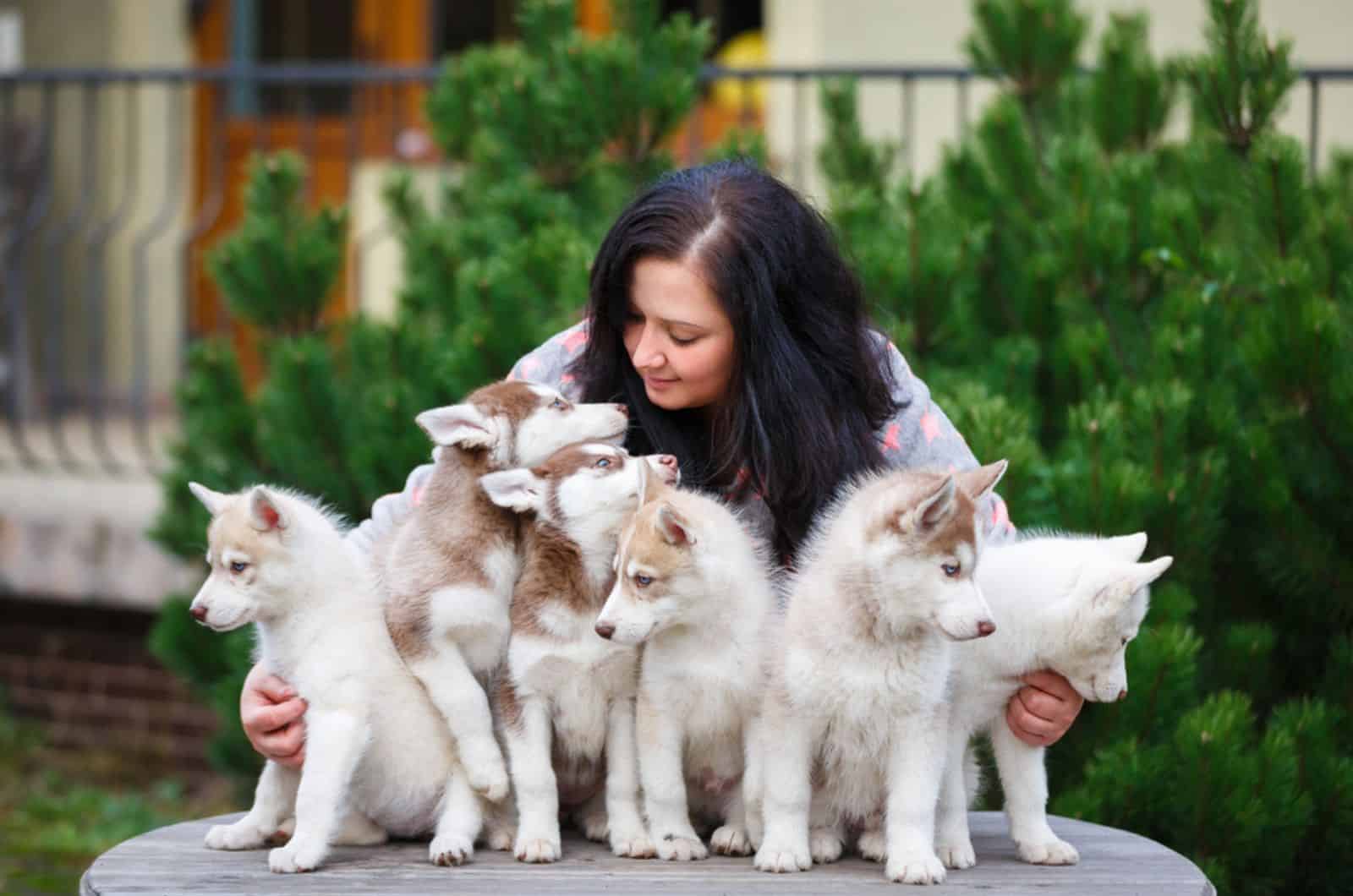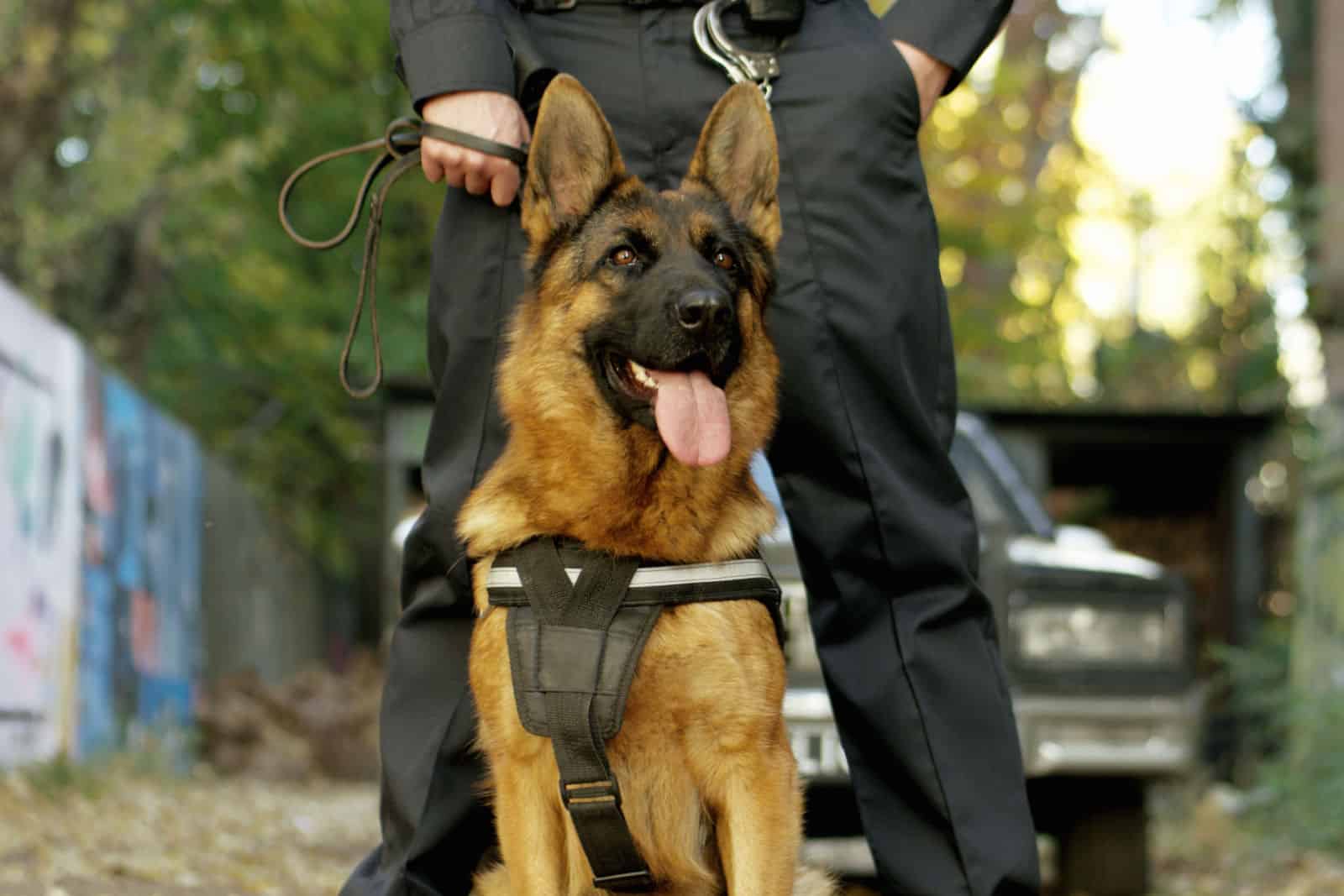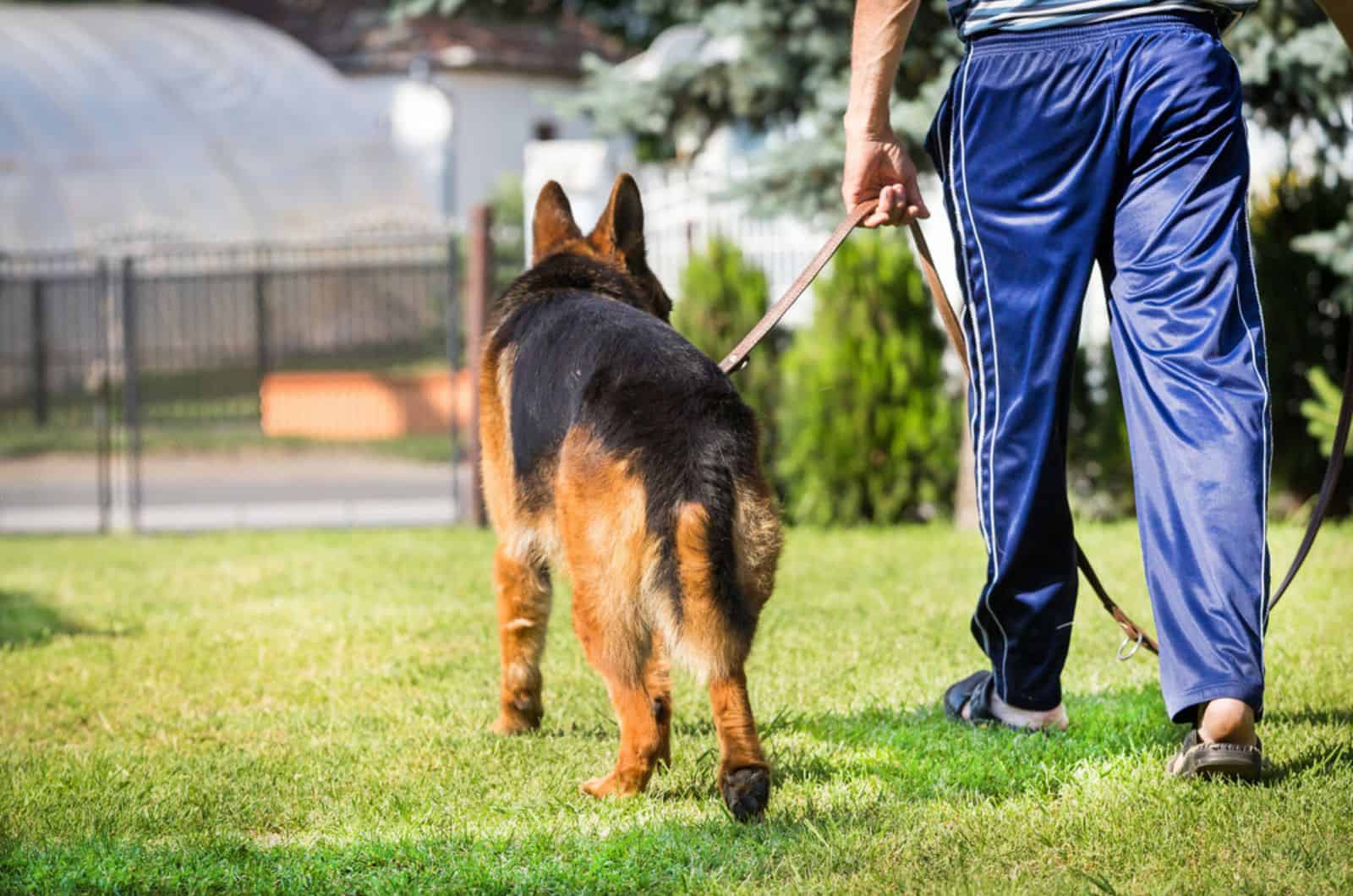Getting into the business of breeding dogs is more complex than many people believe it to be. No matter which breed you are looking to turn into a business, there are a few things to know about breeding dogs.
Well, there is plenty of information you will have to process and understand before going into the business of breeding canines. There is a lot to cover, so let us not lose time over introductions. These are the main considerations for prospective dog breeders.
Figure Out Your Motivation For Going Into The Business

Ask any breeder out there if breeding dogs solely for money is worth it, and the majority of them will tell you to look for other financial venues if profit is a priority for you. You need to have a huge love and respect for dogs to start planning your life around dog breeding.
This might sound like a “duh” comment, but owning a few dogs is not the same as successfully breeding them and selling them to other people. Mating two dogs and selling their offspring is technically breeding, but it is not a sustainable business model.
Another consideration is whether you have a mixed or purebred dog breeding business in mind. Some mixes are in higher demand than others, while pure breeds have a very steep learning curve in terms of prerequisites for starting with breeding.
Failing to prepare is preparing to fail. If you do not have the resources to start a breeding business, it will be a short-lived venture. The paperwork alone is enough to deter you from going through with it.
If you are adamant about breeding dogs, though, be prepared for a low return on investment, being under for a couple of years or more, all while busting your behind to keep up with the expenses of health testing, genetic testing, food, real estate, etc.
As an example of mixed-breed breeding, have a look at our Goldendoodle breeding guide, or the basics on Pitbull breeding for beginners.
To know exactly what awaits you on this journey, keep reading. If you already feel discouraged by the prospects of struggling with the things I mentioned above, then you can continue reading this article as a way to kill some time.
1. Capital For Preparation
One of the first things you have to understand is that breeding dogs requires a serious amount of money. We are not talking about a couple of thousand but tens of thousands of dollars.
If you want to start profiting as soon as possible, you will need to spend hours upon hours researching the best breeding stock, kennels, food, supplements, healthcare solutions, and much more before even thinking about a name for your company.
Yes, dog breeding businesses are companies. Speaking about companies, you will need to write down a business plan, or hire a professional to do it for you. These things do not come cheap, but maybe your local government has some basic template you can use at the start.
The capital will either be your savings or a bank loan. Already having the money in your account definitely makes things easier, but perhaps you will need more money than initially planned.
On that topic, there is the danger of unsustainable recurring costs. The upkeep of any business, no matter how small, can be enormous. Even when fully operational, you might have to wait for years to return your original investment while being in debt or staying afloat.
2. Do Not Jump On The Hype Train

The number one most popular breeds in the United States are Labrador Retrievers and French Bulldogs. In case you have the capital and a great business plan for your dog breeding business, it might seem logical to choose one of the breeds that are in the highest demand.
Well, you should never be that short-sighted. The phenomenon of “trend breeding” often ends up in catastrophe, with breeding businesses shutting down and paying bank loans or credit lines for years to come.
Select a breed you love and perhaps own(ed). This will help you stay motivated to keep breeding German shepherds, for example. Having previous knowledge of the breed’s physical and temperament traits is an advantage.
Forget about what people want the most right now. It works for things that thrive on short-term investments, but rarely works out well for long-term projects and businesses.
3. Legal Matters, Certifications, And Advertising
You will first need to sort out the legal aspect of your business before acquiring a breeding license. Essentially, it is a confirmation that your breeding program adheres to the rules and conventions set by the local government.
An inspection of the premises where the breeding will take place is mandatory, and you will be subject to yearly inspections from that moment on. All sanitary codes need to be respected and proper hygiene maintained at the kennel or in your home.
Federal law has provisions and legislation in place to make sure that the highest standards of breeding are met, but keep in mind that states can have additional requirements and provisions in place.
Smaller family-owned breeding businesses are how most people start, unless already experienced in the matter and in possession of large capital. This leads me on to perhaps the aspect most relevant to profit – advertisement.
Breeding dogs without an advertisement campaign is pointless. Word of mouth is great for well-established breeders, but new businesses will need a good marketing plan to show what they have to offer.
This is another financial investment that does not come cheap, but it is far less expensive than the maintenance costs of a breeding business. A website and social media accounts that are active will give you a great boost in finding prospective buyers for your dogs.
4. Selecting Breeding Stock Is The Most Important Thing

Despite sitting in number three, this is the key part of the dog breeding business. You will have to invest into a stud and/or dam, which means researching the best and already established breeders across the country.
However, you should be prepared for rejection, as many breeders will not part with their best breeding stock. To adhere to all the rules, certifications and regulations, your pair of dogs must be in perfect physical and mental shape.
Maybe you can use this list of 50 of the finest dog breeders in the United States to find some inspiration, or even potential breeding stock.
Every respectable breeder will ask you to provide a solid breeding program, which shows them your plans and how well-thought-out the program is. You can also pay for stud services, so that you invest in a dam instead of going through complex fertilization processes yourself.
Of course, you can choose to have the dame and sire naturally copulate, but getting dogs to mate, females being in heat, and getting your dogs unstuck might require further research and education. This is the preferred method but not mandatory by any stretch of the imagination.
Another option that falls under the “long-term” category is purchasing a high-quality puppy that will be used for breeding once an adult. You will still need to have a reasonably good breeding program for breeders to give you breeding rights.
A reputable breeder will have all kinds of genetic tests performed for the most common genetic diseases associated with that breed. Only those with negative tests, good or great OFA scores, will be bred. You have to continue with these procedures in your own breeding program.
5. Raising The Puppies
Cleaning up and feeding adult dogs is relatively easy compared to the process of caring for a whole litter of dogs. You will need to buy high-quality food for both the mother and the pups, hire a veterinarian to check them regularly, give them vaccinations, dewormer, etc.
Newly born puppies have to be nursed all the time. Female dogs will often leave the whelping box and the litter remains unattended. This is where you have to be a midwife to the pups.
Temperature monitoring, light management, and research on the best puppy caring practices are only a fragment of the entire scope of duties you will have as a breeder. You will also need to take appropriate care of the mothers so that they produce enough milk and feel safe.
Puppy socialization is another crucial part of the entire dog breeding process. Every reputable breeder has their dogs’ temperament assessed by behavioral experts, giving them the green light for different roles in life, such as service dogs, law enforcement dogs, etc.
6. Finding The Right Home For Your Pups

Your job does not end once the puppy leaves your premises. Ethics are a major talking point in the world of dog breeders, and what separates reputable breeders from puppy mills or backyard breeders is not only the investment and healthy dogs, but also ethical conduct.
Distinguishing between a good and bad breeder can sometimes be tough. The biggest dog-world authority in the United States, the American Kennel Club (AKC), has a list of things that can help you determine whether you are dealing with reputable breeders or scammers.
Dog breeders will have long waiting lists of potential customers, and some of them are impulsive buyers that change their mind quickly. These waitlists are a type of tool that filters real customers from those who were not serious in the first place.
Conducting interviews with potential buyers will help you figure out if your puppy is a good fit for their home. Temperament assessment helps with matching the right adoptive family with a pup, so be meticulous in your selection.
A questionnaire is the most common way of finding out about people’s previous experiences with dogs, living conditions, etc., so create one that will cover all points of interest. A lot of this information can be false, so you will have to rely on your gut with many prospective buyers.
Conclusion
These six things to know about dog breeding are by no means an exhaustive guide of how to operate a dog breeding business, but will give those who are looking for general information some food for thought.
Whether you are looking into starting breeding dogs or simply curious about how it all works, this article is a good base that will give you points that you can further research on your own. Good luck in your endeavors.















